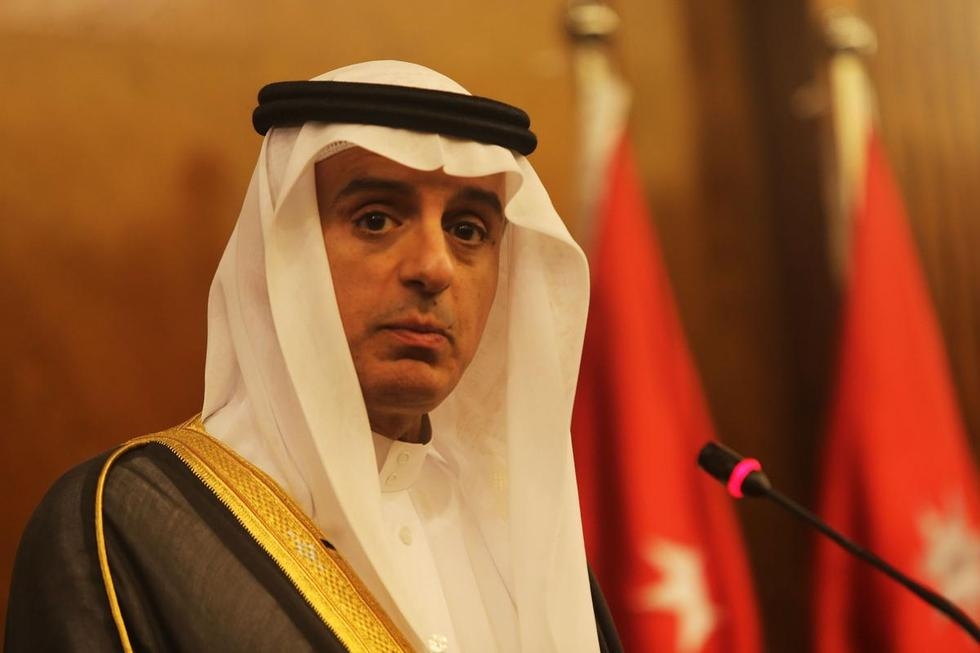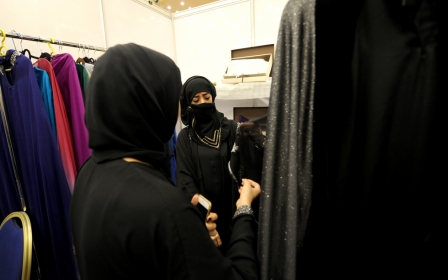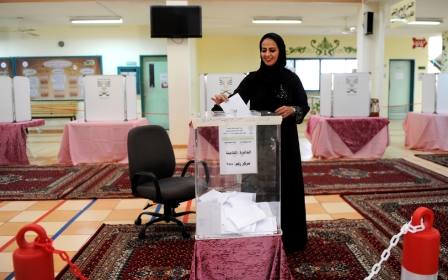Saudi FM: We can't rush policy on women's right to drive

Saudi Arabia's foreign minister defended his country's treatment of women on Friday, saying it had made progress on female education but would take time to let them drive cars.
"When it comes to issues like women's driving, this is not a religious issue, it's a societal issue," Adel al-Jubeir told an audience at the Munich Security Conference.
He said it was unfair to fixate on the issue of women drivers, given his country's efforts to educate girls.
"We went from no schools for women in 1960 to universal education, to where today 55 percent of college students are women," said Jubeir.
"Some of our top doctors and engineers and lawyers and business people are women. The issue is one that is evolving just like it is in other countries."
He compared Saudi Arabia to the United States, arguing that it took 100 years after America's independence before women were given the right to vote, and another 100 years for it to elect its first female parliamentary speaker.
"I'm not saying 'Give us 200 years'. I'm saying 'be patient'," said Jubeir.
"We hope that in the modern world with technology and communications that this process is accelerated, but things take time. We can't expect to rush things."
Saudi women face restrictions or are forced to seek permission for various aspects of their lives, including travel, dress and education.
Saudi Arabia is the only country in the world that bans women from driving.
For the first time in December Saudi women were allowed to stand for election to local councils, although the power of such councils are limited.
Human Rights Watch has criticised Saudi Arabia's male guardianship system which forbids women "from obtaining a passport, marrying, travelling, or accessing higher education without the approval of a male guardian".
New MEE newsletter: Jerusalem Dispatch
Sign up to get the latest insights and analysis on Israel-Palestine, alongside Turkey Unpacked and other MEE newsletters
Middle East Eye delivers independent and unrivalled coverage and analysis of the Middle East, North Africa and beyond. To learn more about republishing this content and the associated fees, please fill out this form. More about MEE can be found here.




